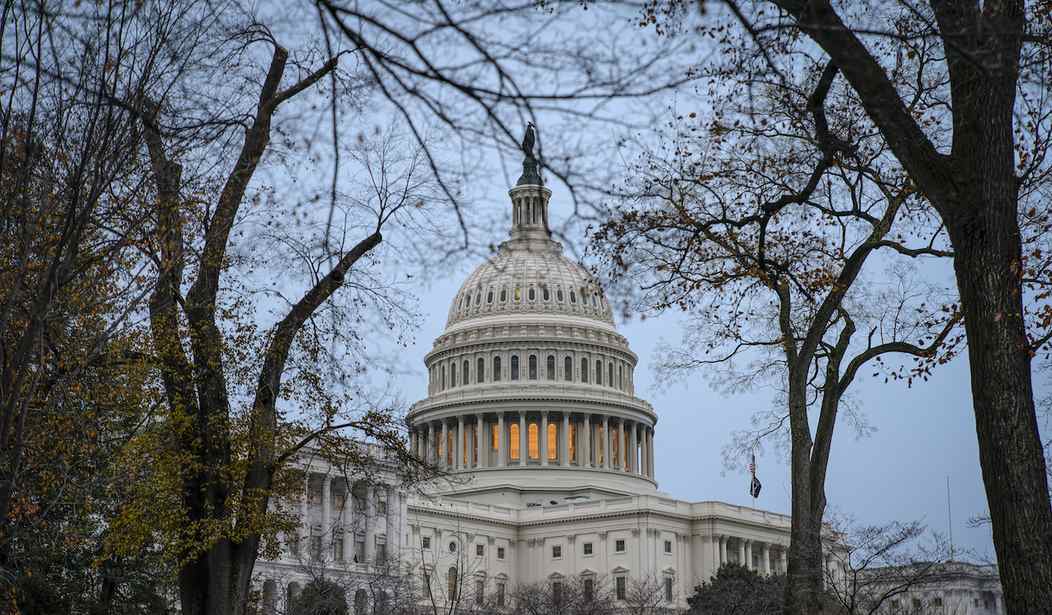If the government continues to shut down economic activity, there is a serious danger that the economy will not recover in time to avoid a recession or even the next great depression. One issue not discussed are the pre-existing conditions that were slowing economic growth that may now come to the forefront because they may sink the economy. Much like the 2008 recession was caused by an unforeseen complete meltdown in the mortgage securities market, multiemployer pensions might be the next economic iceberg to sink the U.S. economy.
The current economic numbers are downright frightening. According to CNN, we are now a month into the coronavirus crisis and there are a “record number of newly jobless Americans filing for benefits” numbering “around 22 million people, or roughly 13.5% of the labor force.” And they are having trouble submitting claims for unemployment benefits. The economy has stagnated already and gone from solid growth numbers to negative numbers. Forbes reports estimates that a two-month long shutdown of the economy could lead to a 6.4% contraction of the U.S. economy. Not to mention the possibility of a $4 trillion deficit for FY 2020 that will blow up existing debt from an already staggering $24.5 trillion. These economic numbers are scary and a 2008 style weakness in the economy could sneak up on a weak economy and send it spiraling down even further.
Multiemployer pension reform was on the agenda for Congress to tackle this year before the coronavirus tossed all other pending issues off the agenda. It makes sense for Republicans in the Senate to support reform and aid to these pensions to make sure they don’t go belly up in the not too distant future. According to reports, President Donald J. Trump supports efforts to address multiemployer pensions in a Phase 4, aka CARES Act 2.0, as do Democrats in the House because of union support. Corporate interests are pushing for this because they worry that the economic pressure put on them by the coronavirus crisis and the worry about the systematic problems of these pension plans may expedite some corporations into bankruptcy at just the wrong time.
Recommended
A multiemployer pension plan is a retirement plan dependent on investment funds and the ability of corporate sponsors to kick in. Right now, the investment side is hurting with all Americans who are invested in publicly traded corporations. Vulnerable retirees are being targeted by the silent attack of the coronavirus that has hit the elderly harder than other age groups. Retirees have worked their whole lives to retire in peace and the pending meltdown of pension plans just adds to their worry.
There is an opportunity for bipartisanship. Speaker Nancy Pelosi (D-CA) included a version of a multiemployer pension reform and aid plan in her proposal for a Phase 3 $2.5 trillion aid package that was largely left out of the Senate passed plan that became law. Republicans led by Senators Chuck Grassley (R-IA) and Lamar Alexander (R-TN) have their own approach that strengthens reporting and modifies requirements for premiums to be paid. There should be a middle ground that all can support where these plans are shored up and reformed in a way that will stabilize the U.S. economy as a whole.
The federal backstop for the plans, the Pension Guaranty Benefit Corporation (PBGC), is staring down the barrel of running out of cash in 2025. Reform can help fix that pending problem that will put the taxpayers on the hook for private pension plans. The economic devastation of the coronavirus has likely expedited the date of PBGC meltdown and is another argument for Congress to take the issue of multiemployer pension reform and stabilization up now as part of the expected Phase 4 plan.
While the economy is likely to end up with two months of shutdown, issues like struggling private pension funds may be the economic straw that breaks the U.S. economy’s back. There might be a recession to follow the massive economic chaos imposed by the government shutdown followed by government actions that will put a great strain on government resources. Addressing a pending pension problem makes sense now, so that we don’t end up in two years trying to figure out what happened when pensions disappear, and our nation’s senior citizens find themselves under great stress and economic hardship yet again.
























Join the conversation as a VIP Member